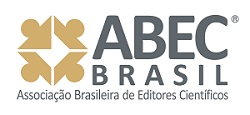Agronomic efficiency of an inoculant based on <i>Bacillus amyloliquefaciens</i> FZB45 for corn and soybean crops
DOI:
https://doi.org/10.5039/agraria.v18i1a2844Keywords:
Glycine max, plant growth promoting bacteria, Phosbac-45, phosphorus solubilization, Zea maysAbstract
The use of plant growth-promoting bacteria to replace or reduce the application of chemical fertilizers has been consolidated in recent decades. However, most of studies have been carried out under controlled conditions and tests under field conditions are necessary to validate this technology. The objective of this work was to evaluate the agronomic efficiency of the Phosbac-45 product based on Bacillus amyloliquefaciens FZB45 in promoting the growth and yield of corn and soybean crops. Tests were conducted in Brazilian territory under two different edaphoclimatic conditions for two consecutive harvests (2018-2019 and 2019-2020). The design used was randomized blocks in a 3 × 2 factorial scheme (inoculation treatments × levels of phosphate fertilization) and two additional treatments, with five replications of each treatment. It was verified that the use of Phosbac-45 product increased the variables shoot dry mass, root dry mass and grain yield, showing a positive correlation with P uptake by corn and soybean under the conditions evaluated. Thus, the Phosbac-45 product emerges as a promising technology for agricultural use.



